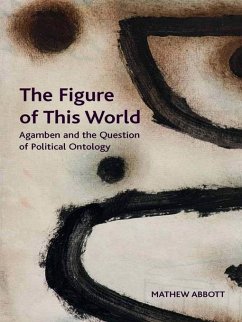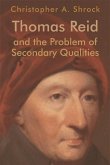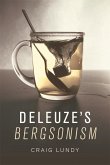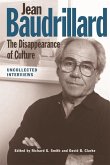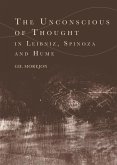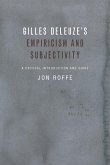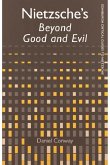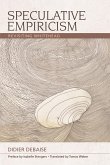What if we've been wrong when reading Agamben? Mathew Abbott argues that Agamben's thought is misunderstood when read in terms of critical theory or traditional political philosophy. Instead, he shows that it engages with political ontology: studying the political stakes of the question of being. Abbot demonstrates the crucial influence of Martin Heidegger on Agamben's work, locating it in the post-Heideggerian tradition of the critique of metaphysics. As he clarifies it, Abbott links Agamben's philosophy with Wittgenstein's picture theory and Heidegger's concept of the world-picture, showing the importance of this for understanding - and potentially overcoming - the forms of alienation characteristic of the society of the spectacle.
Dieser Download kann aus rechtlichen Gründen nur mit Rechnungsadresse in A, B, BG, CY, CZ, D, DK, EW, E, FIN, F, GR, HR, H, IRL, I, LT, L, LR, M, NL, PL, P, R, S, SLO, SK ausgeliefert werden.

